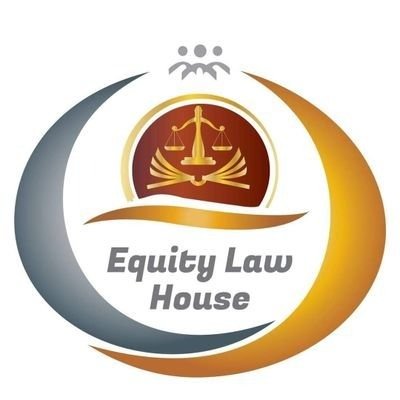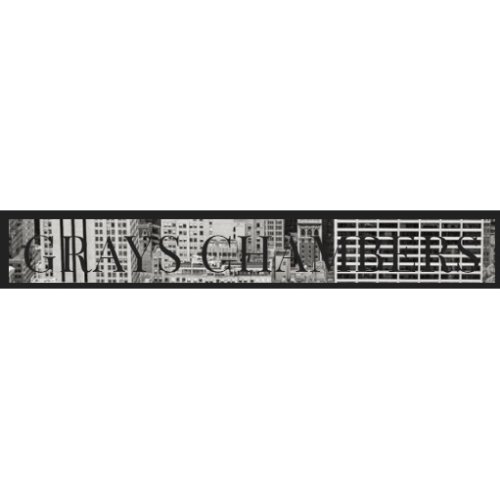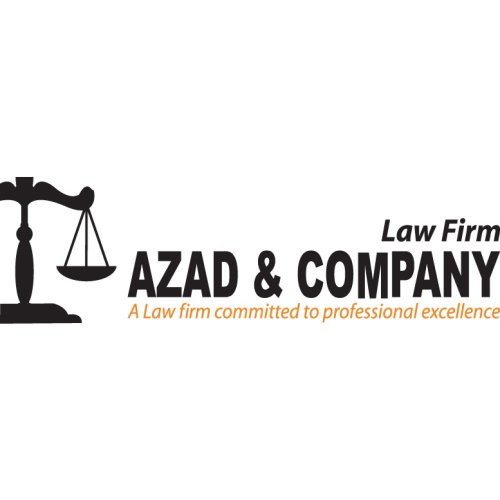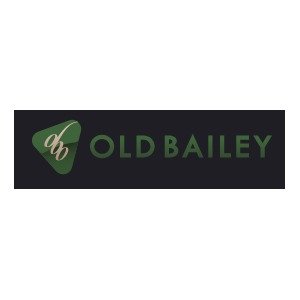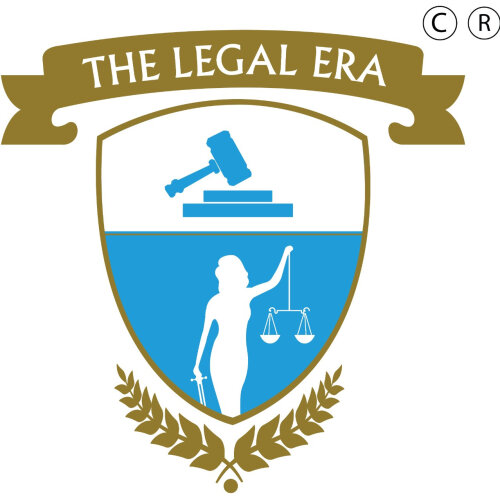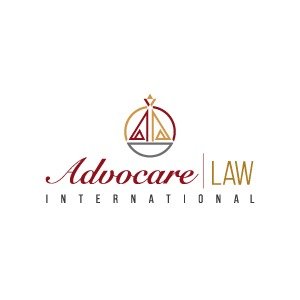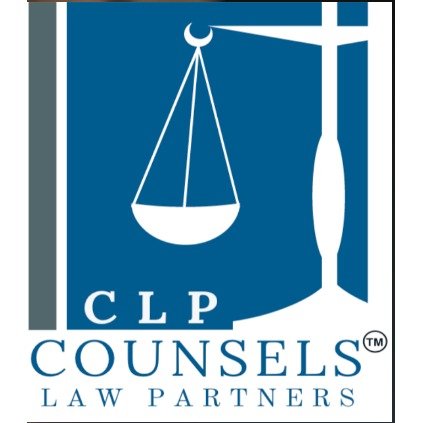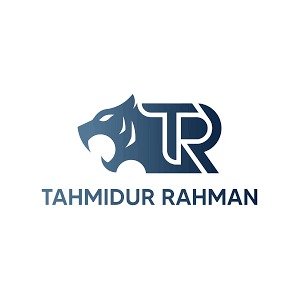Best Restructuring & Insolvency Lawyers in Dhaka
Share your needs with us, get contacted by law firms.
Free. Takes 2 min.
List of the best lawyers in Dhaka, Bangladesh
About Restructuring & Insolvency Law in Dhaka, Bangladesh
Restructuring and insolvency law in Dhaka, Bangladesh, focuses on resolving the financial distress of companies and individuals. This area of law governs processes where an entity facing financial difficulties restructures its debts, reorganizes operations, or, when necessary, is declared insolvent and proceeds through formal liquidation. The objective is to balance the interests of debtors, creditors, shareholders, and other stakeholders while promoting economic stability. Whether you are a business owner, investor, creditor, or individual, it is essential to understand how these laws operate to protect your rights during financial crises.
Why You May Need a Lawyer
Legal advice is crucial when navigating restructuring and insolvency. Here are some common situations when you may need a lawyer:
- Business distress: If your company is struggling to pay debts, a lawyer can help explore restructuring options before insolvency becomes unavoidable.
- Personal insolvency: Individuals overwhelmed with debt may require legal guidance on insolvency processes and alternatives.
- Creditor actions: Creditors seeking to recover debts from insolvent businesses or individuals may need representation to protect their interests.
- Liquidation proceedings: When formal liquidation is considered, legal assistance ensures compliance with statutory procedures.
- Dispute resolution: Disputes often arise between debtors and creditors regarding assets, repayment, or priority of claims, requiring skilled intervention.
- Cross-border matters: International creditors or companies operating in multiple jurisdictions need specialized advice on local insolvency and restructuring implications.
Local Laws Overview
Restructuring and insolvency matters in Dhaka are primarily governed by:
- The Bankruptcy Act, 1997: This law provides the framework for declaring individuals and companies insolvent, administering their assets, and distributing proceeds among creditors.
- Companies Act, 1994: This regulates company restructuring, winding up, and administrative processes during insolvency.
- The Artha Rin Adalat Ain, 2003: This is a special law allowing creditors, especially financial institutions, to recover loans through specialized courts known as Artha Rin Adalat.
- Bankruptcy Courts and Artha Rin Adalat: Specialized courts in Dhaka handle bankruptcy and debt recovery matters, ensuring efficient resolution of claims and distribution of assets.
Reforms and court decisions continue to shape the development of restructuring and insolvency law in Bangladesh. Adhering to statutory requirements and timelines is crucial to avoid penalties and secure fair treatment in these proceedings.
Frequently Asked Questions
What is the difference between restructuring and insolvency?
Restructuring is a process that aims to reorganize a company or individual's debts and operations to restore financial health, often allowing the entity to continue operating. Insolvency occurs when an entity cannot pay its debts as they fall due, possibly leading to bankruptcy or liquidation.
Who can file for bankruptcy or insolvency in Dhaka?
Both individuals and companies facing financial distress can file for bankruptcy under the Bankruptcy Act, 1997. Creditors can also initiate insolvency proceedings against debtors who fail to meet their obligations.
What is the role of the Bankruptcy Court?
The Bankruptcy Court oversees insolvency petitions, appoints receivers or liquidators, and supervises the distribution of assets among creditors, ensuring compliance with the law.
How are a company’s assets handled during insolvency?
Once insolvency is declared, the court appoints an official receiver or liquidator to assess, manage, and distribute assets to creditors based on established priority set by law.
Can a business continue operating during restructuring?
Yes, under certain circumstances, businesses can continue to operate during a restructuring plan, subject to court approval and ongoing supervision by legal professionals and the court.
What protection do creditors have during insolvency?
Creditors are entitled to file claims, participate in meetings, and receive distributions according to the legal priority of their debts. They may also challenge fraudulent preferences or transfers made before insolvency.
What are the consequences of being declared insolvent?
Individuals and companies may lose control over their assets, face restrictions on business activities, and have their assets sold to repay creditors. The declaration can also affect credit ratings and future borrowing capabilities.
Is personal liability possible for company directors?
In cases of wrongful or fraudulent trading, directors can be held personally liable for company debts. Legal counsel is vital in protecting against such liabilities.
What is the Artha Rin Adalat and how does it work?
The Artha Rin Adalat is a special court that handles loan recovery cases for banks and financial institutions. It ensures streamlined resolution of financial disputes outside the ordinary civil courts.
How long does the insolvency process take in Dhaka?
The timeline varies based on case complexity, number of creditors, and court workload. Some cases can be resolved in a few months, while others may take several years to complete.
Additional Resources
If you need more information or assistance, consider contacting the following organizations:
- Bangladesh Supreme Court: Oversees bankruptcy and commercial divisions of the High Court.
- Ministry of Law, Justice and Parliamentary Affairs: Provides legal updates, statutory changes, and maintains records of bankruptcy statutes.
- Bangladesh Bar Council: The regulatory body for lawyers, providing directories and guidance for seeking qualified legal professionals.
- Bankruptcy Court Dhaka: Dedicated forum for insolvency matters within the Dhaka jurisdiction.
- Artha Rin Adalat: Specialized court for commercial loan recovery proceedings.
Next Steps
If you are considering legal action or need help with restructuring or insolvency, here are the recommended steps:
- Consult a lawyer experienced in bankruptcy, insolvency, or commercial law in Dhaka for an initial assessment of your situation.
- Gather all relevant documents, such as loan agreements, financial statements, and correspondence with creditors or debtors.
- Discuss available options with your lawyer, including restructuring plans, court-supervised insolvency, private settlement, or liquidation.
- If required, your lawyer will prepare and file necessary court petitions and represent you throughout proceedings.
- Follow the court process, attend hearings as scheduled, and comply with any directions or conditions set by the court or appointed liquidators.
- Maintain clear communication with your legal team and promptly provide any information they request.
Remember, every situation is unique. Timely professional advice can make a significant difference in securing the best outcome for your financial and legal interests in Dhaka, Bangladesh.
Lawzana helps you find the best lawyers and law firms in Dhaka through a curated and pre-screened list of qualified legal professionals. Our platform offers rankings and detailed profiles of attorneys and law firms, allowing you to compare based on practice areas, including Restructuring & Insolvency, experience, and client feedback.
Each profile includes a description of the firm's areas of practice, client reviews, team members and partners, year of establishment, spoken languages, office locations, contact information, social media presence, and any published articles or resources. Most firms on our platform speak English and are experienced in both local and international legal matters.
Get a quote from top-rated law firms in Dhaka, Bangladesh — quickly, securely, and without unnecessary hassle.
Disclaimer:
The information provided on this page is for general informational purposes only and does not constitute legal advice. While we strive to ensure the accuracy and relevance of the content, legal information may change over time, and interpretations of the law can vary. You should always consult with a qualified legal professional for advice specific to your situation.
We disclaim all liability for actions taken or not taken based on the content of this page. If you believe any information is incorrect or outdated, please contact us, and we will review and update it where appropriate.




